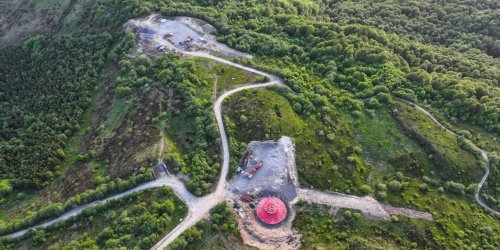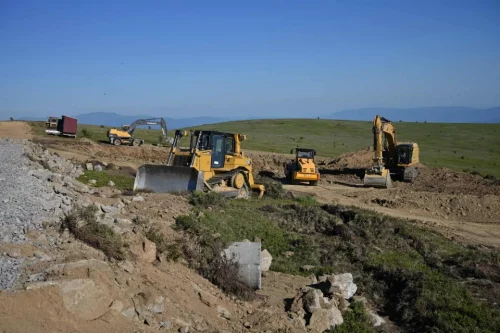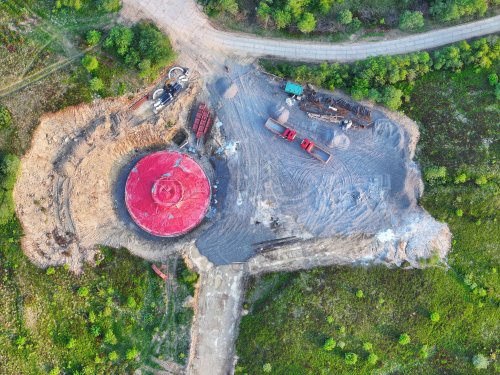WWF-Ukraine research on wildlife crimes in 2015-2020 showed gaps in national legislation and other obstacles to the effective fight against eco-crimes.
Among other things, the authors found incorrect preparation of pre-trial materials, which reduces the likelihood of prosecution and prosecution, according to the press release of the study.
For the analysis, ecoactivists used data from Fr ficial and publicly available sources, public information requests, questionnaires, communication with law enforcement agencies and environmental protection experts. They studied more than 400 criminal and administrative cases.
It was noted in the material that in order to combat ecocrimes, it is necessary to increase the capacity of law enforcement agencies (police, investigators, specialized agencies, etc.) working on the ground, and to significantly change the national legislation.
The main conclusions and recommendations of the report:
- legislation needs to be changed;
Ecoactivists recommended n adequately implement the Convention on International Trade in Endangered Species of Wild Fauna and Flora CITES into national legislation. The Convention entered into force for Ukraine in 2000, but there are still no corresponding supporting laws, procedures, and state institutions.
In their opinion, it is also necessary to criminalize trade in species from CITES appendices and the Red Book of Ukraine by including them in Article 201 "Smuggling" of the Criminal Code of Ukraine and to make appropriate changes to the Criminal Code of Ukraine in order to extend the terms of imposing administrative fines for offenses against wildlife to at least 6 -12 months.
In addition, the authors recommend including Directive 2008/99/EC on environmental crimes in the list of EU legislative acts within the framework of the Ukraine-EU Accession Agreement.
- it is necessary to organize the collection, analysis and systematization of the database of offenses against wildlife into a single database, using an agreed methodology;
The authors explained that there is currently no such database, and all available information is incomplete and fragmented between several government agencies.
- currently there are no special police units, as well as appropriate specialization among judges and pre-trial investigation bodies regarding offenses against wildlife;
- the terms of punishment and the amount of fines for violators are insufficient. Most wildlife offenses are classified as administrative cases.
"Current issues today remain the development and improvement of national environmental legislation and the adoption at the national level of a strategic plan for combating crimes against the animal world," the study says.
The authors also called to create in Ukraine institutions for storing collected evidence (removed species of flora and fauna, etc.) and centers for the rehabilitation of wild animals. After all, it will allow law enforcement agencies to take animals for detention during the investigation. Before the full-scale war in Ukraine, there were only 5-6 almost overflowing shelters for bears, but there were none at all for lions, dolphins, wolves and other wild animals. It is also necessary to create a base of existing organizations and rehabilitation centers for wild animals.
Eco-activists emphasized that in 2022-2023, training for law enforcement officers (courts, prosecutor's office, police, state customs service, eco-inspection) will be held in Ukraine regarding crimes against the environment as part of the SWiPE project.
As EcoPolitic reported before, the Verkhovna Rada approved draft law No. 0167 "On ratification of the Agreement between Ukraine and the EU on Ukraine's participation in the EU LIFE Program – Environmental and Climate Action Program". Ratification of the Agreement opened the country to sources of financing that were previously unavailable.





